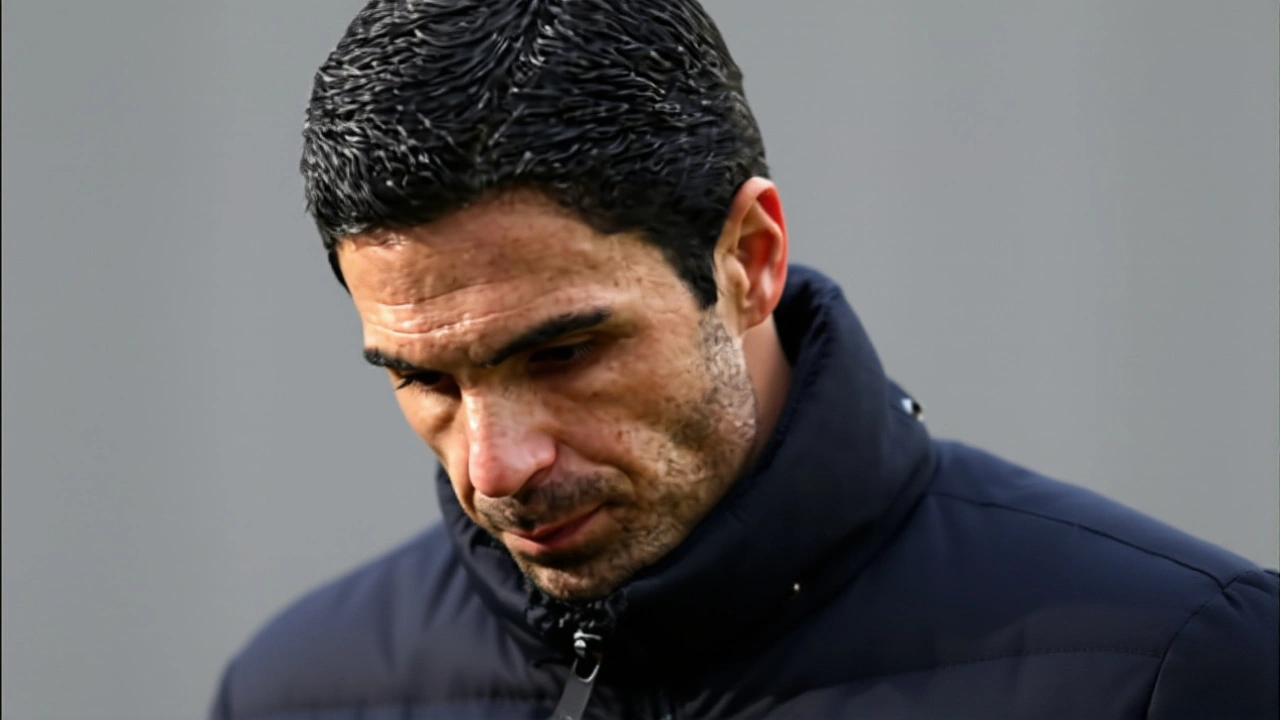Reggio Emilia: What It Means and Why It Matters
When talking about Reggio Emilia, a child‑centered early education philosophy that started in post‑war Italy. Also known as the Reggio Approach, it treats children as capable collaborators and the environment as a third teacher. This mindset shapes how schools design classrooms, choose materials, and involve families.
Key ideas that link Reggio Emilia to broader education topics
The early childhood education, the field focused on learning from birth to eight years shares the Reggio belief that learning happens through play, inquiry, and social interaction. A core attribute is documentation: teachers record children’s ideas, display them, and use them to plan next steps. This practice builds a reflective loop that supports continuous improvement in classrooms.
Another related practice is Montessori, an educational method that emphasizes self‑directed activity and tactile learning tools. While Montessori predates Reggio, both prioritize child agency, yet Reggio adds a stronger emphasis on community collaboration and project‑based work. The two approaches often intersect in mixed‑method schools that blend structured materials with open‑ended projects.
Understanding child development, the physical, cognitive, and emotional growth stages of young learners helps teachers apply Reggio principles effectively. For example, during the sensorimotor stage, children benefit from rich, manipulable environments—what Reggio calls the “atelier”. When language skills blossom, the approach encourages expressive dialogues and storytelling, reinforcing literacy in natural contexts.
Policy makers also take note of the Reggio model because it aligns with modern education policy goals like inclusive practice, parental engagement, and evidence‑based outcomes. Recent grant announcements (like those from SASSA) and recruitment drives (such as SAPS e‑recruitment) show governments are looking for frameworks that nurture critical thinking from the ground up. Schools that adopt Reggio strategies often cite improved attendance and community trust, feeding into these policy objectives.
Semantic connections run deep: the Reggio Emilia approach encompasses project‑based learning, requires strong teacher‑parent partnerships, and influences broader early childhood curricula. In turn, early childhood education supports child development milestones, while Montessori contributes concrete materials that complement Reggio’s atelier setup.
Below you’ll find a curated collection of stories that touch on these themes. Some articles dive into legal and funding angles—like the Odisha police recruitment scam or the Kansas Medicaid overhaul—showing how education intersects with broader societal issues. Others spotlight sports, tech, or cultural events, reminding us that the Reggio mindset can apply beyond the classroom, encouraging curiosity and community involvement everywhere.
Whether you’re a teacher, parent, policy analyst, or just curious about how a small Italian city reshaped learning worldwide, this tag offers a mix of practical insights and timely news. Keep scrolling to discover how the Reggio philosophy weaves through current events, reforms, and everyday experiences.
